10 Best Low Maintenance Perennials for Zone 6 You’ll Love
We’ve found that choosing the right perennials can make all the difference.
These low-maintenance plants not only thrive in Zone 6 but also require minimal effort, making them perfect for busy gardeners or those who prefer to enjoy their garden without constant upkeep.
Below, we’ve compiled a list of the 10 best low-maintenance perennials for Zone 6 that you’ll absolutely love.
Here are 5 coolest from this article:
Amaranth
Guava
Cassava
Bromeliads
Passion Flower


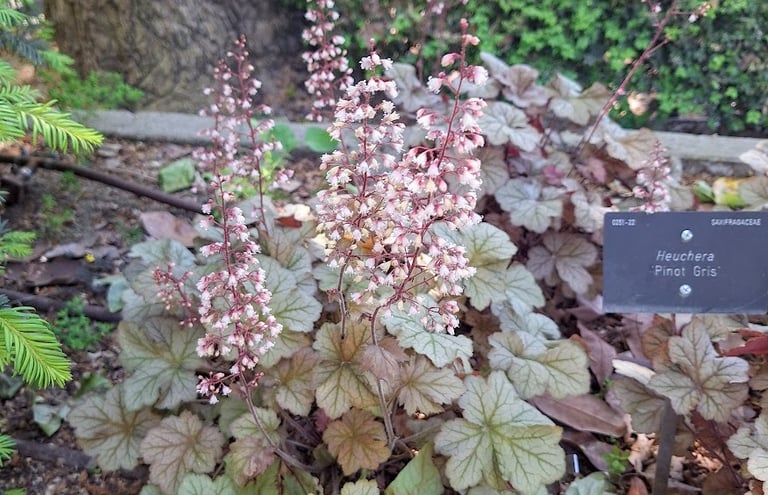

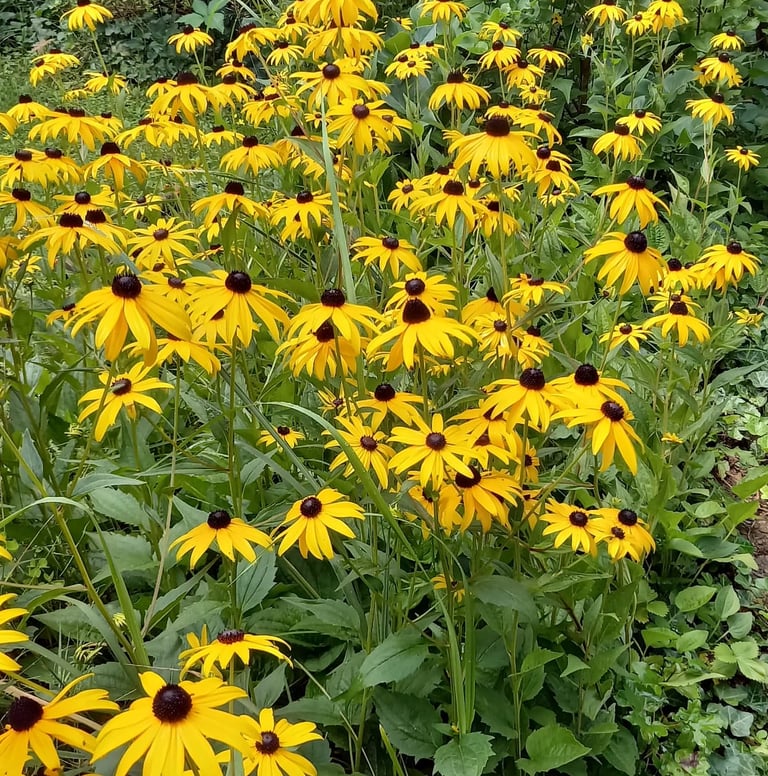


Black-Eyed Susan
Height: 24-36 inches (60-90 cm)
Bloom Color: Yellow with a dark center
Growing Conditions: Full sun, well-drained soil
Black-Eyed Susans are a staple in any low-maintenance garden. After planting the amazing August flower, we noticed how well they adapted, even in less-than-ideal soil.
These vibrant yellow flowers bloom from summer to fall, attracting pollinators like bees and butterflies. They require little more than occasional deadheading to keep them looking their best.




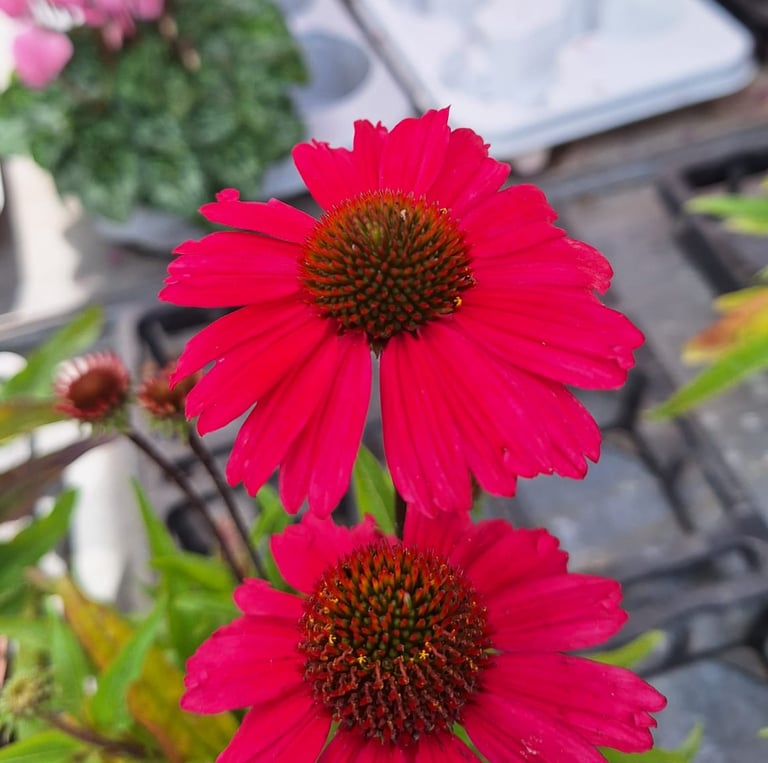

Coneflower
Height: 24-48 inches (60-120 cm)
Bloom Color: Pink, purple, white
Growing Conditions: Full sun, drought-tolerant
Coneflowers are another top choice for low-maintenance gardens in Zone 6. We’ve found that they thrive in full sun and tolerate drought once established.
Their long-lasting blooms add color from mid-summer to early fall, and they attract beneficial insects. Coneflowers are also deer-resistant, which is a bonus for many gardeners.



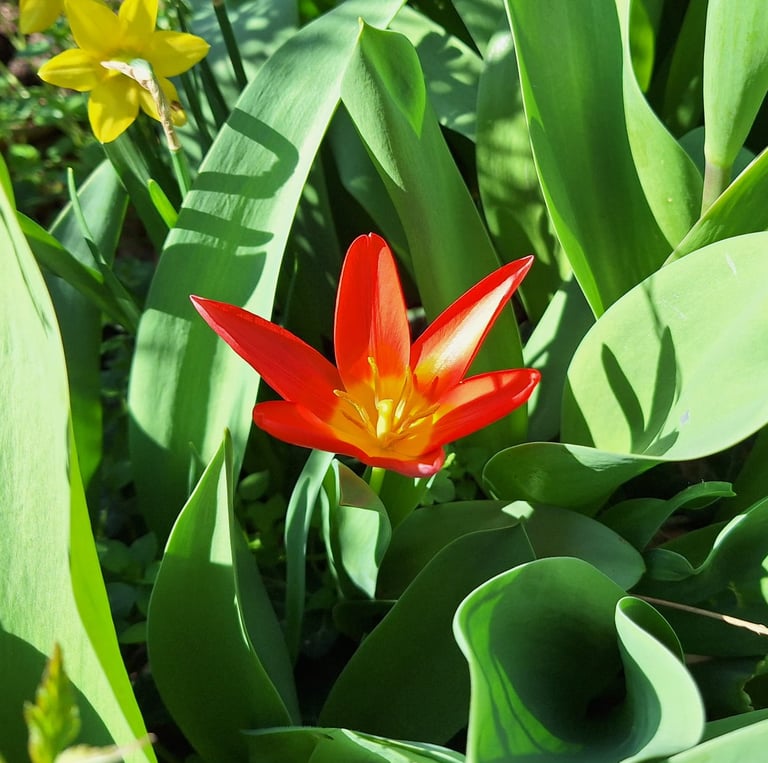

Daylily
Height: 18-36 inches (45-90 cm)
Bloom Color: Various, including yellow, orange, red, pink
Growing Conditions: Full sun to partial shade, adaptable to various soils
Daylilies are known for their hardiness and adaptability. In our experience, they require little care beyond occasional dividing every few years.
With their wide range of colors and ability to bloom repeatedly throughout the summer, daylilies are a great addition to any garden.




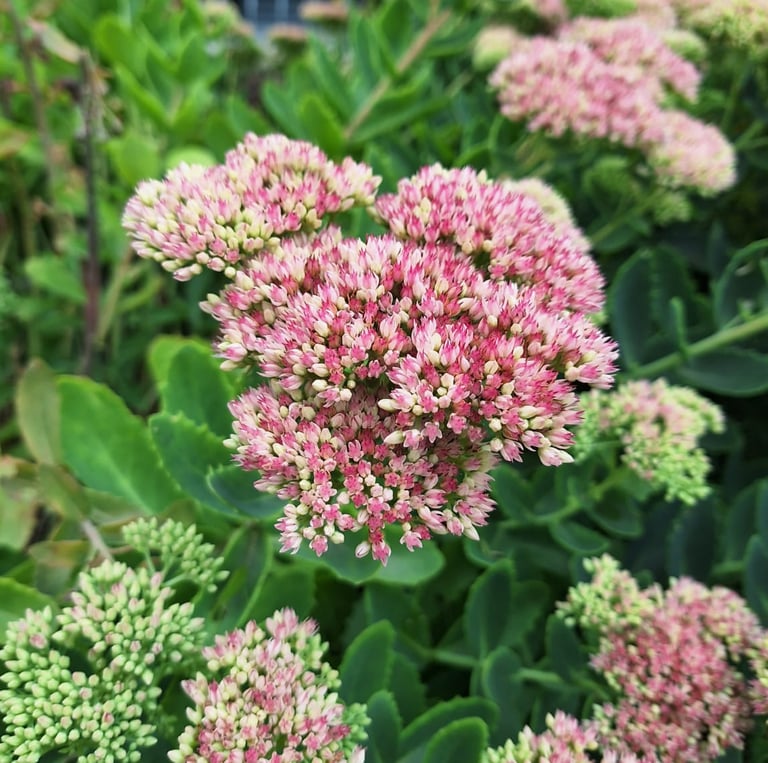

Sedum
Height: 6-24 inches (15-60 cm)
Bloom Color: Pink, red, yellow
Growing Conditions: Full sun, well-drained soil, drought-tolerant
Sedum, or stonecrop, is a succulent perennial that’s perfect for low-maintenance gardening. We’ve seen how well it does in dry, sunny spots, making it ideal for those hot summer days in Zone 6. Sedum’s thick, fleshy leaves store water, so it requires very little watering once established.



Coreopsis
Height: 18-24 inches (45-60 cm)
Bloom Color: Yellow, pink, red, orange
Growing Conditions: Full sun, drought-tolerant, well-drained soil
Coreopsis, commonly known as Tickseed, is a cheerful addition to any garden with its bright, daisy-like flowers.
We’ve seen how well it performs in hot, dry conditions, similar to Sedum so it's a great full sun flower. It blooms profusely from early summer to fall, with little more than occasional perennial deadheading.
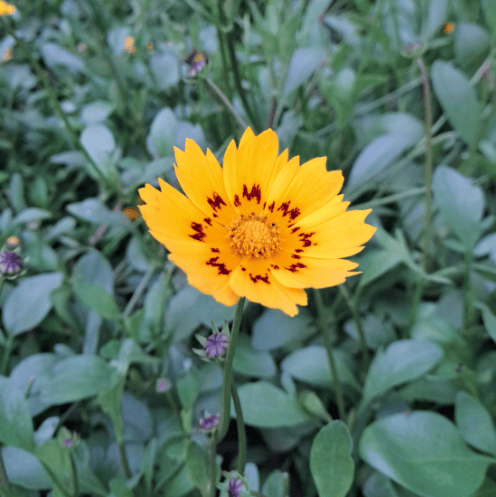







Coral Bells
Height: 8-18 inches (20-45 cm)
Bloom Color: Pink, red, white
Growing Conditions: Partial shade, well-drained soil
Coral Bells are prized for their colorful foliage and delicate dwarf-like perennial flowers. We’ve found that they thrive in partial shade and add year-round interest to your more informal gardens, especially in cottage garden border layouts.
Once established, they’re quite drought-tolerant and require little care beyond occasional watering.




Peony
Height: 24-36 inches (60-90 cm)
Bloom Color: Pink, red, white
Growing Conditions: Full sun to partial shade, well-drained soil
Peonies are a classic perennial that can live for decades with minimal care.
We’ve noticed that once established, peonies require little more than annual deadheading and the occasional division. Their large, fragrant blooms are a highlight in any garden, and they’re relatively pest-resistant.
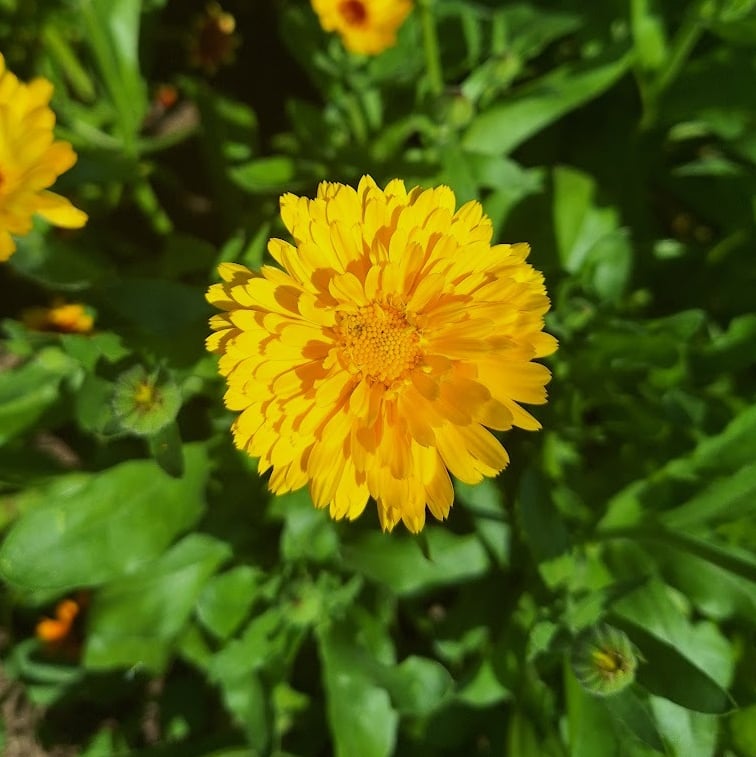





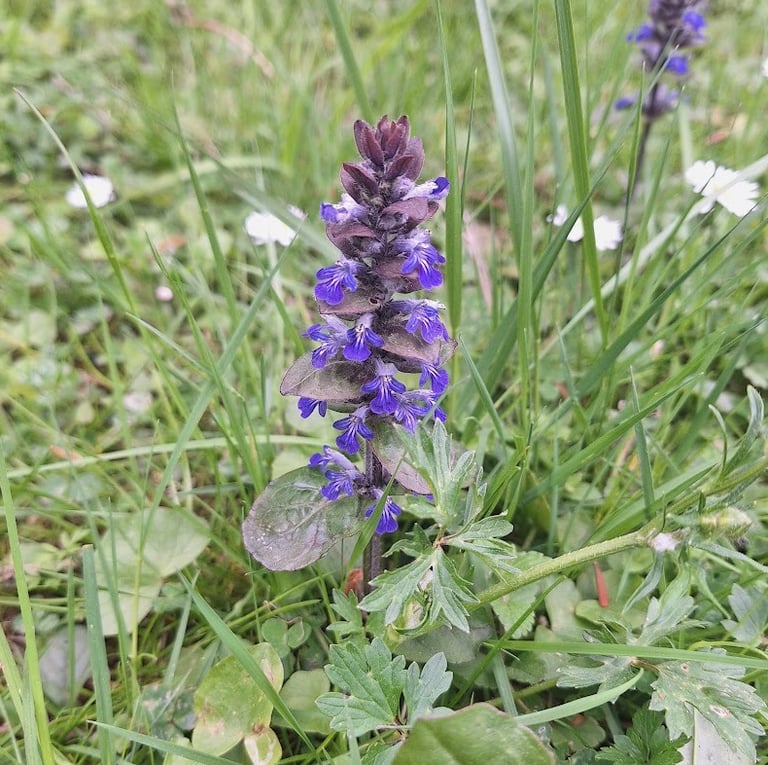

Catmint
Height: 12-36 inches (30-90 cm)
Bloom Color: Lavender, blue
Growing Conditions: Full sun to partial shade, well-drained soil
Catmint is a zone 6 perennial that’s perfect for filling in gaps in the garden. In our gardens, catmint has proven to be nearly indestructible, thriving in a variety of conditions.




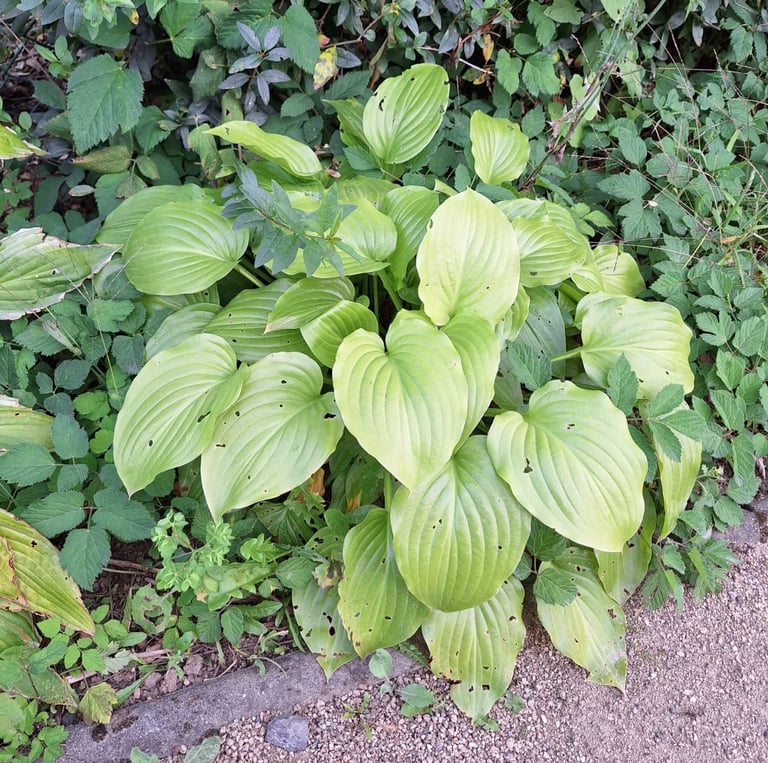

Hosta
Height: 12-36 inches (30-90 cm)
Bloom Color: Purple, white
Growing Conditions: Partial to full shade, moist, well-drained soil
Hostas are shade-loving perennials that are as tough as they are beautiful. We’ve observed that once they’re established, they require minimal care, aside from occasional watering during dry spells. Their lush, broad leaves create a striking contrast in the informal garden, and they’re also quite resistant to pests.


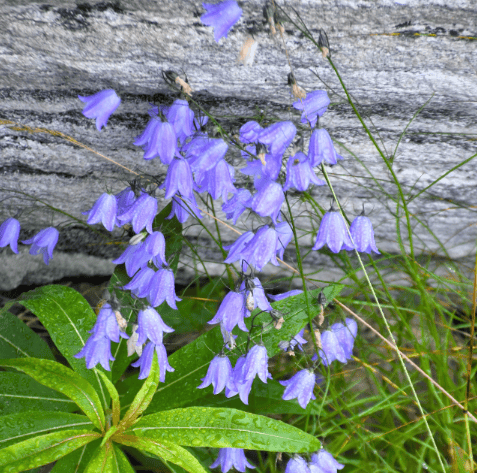

Bluebells
Height: 12-24 inches (30-60 cm)
Bloom Color: Blue, pink
Growing Conditions: Partial to full shade, moist, well-drained soil
Bluebells are a spring-blooming perennial that brings a burst of color to shaded gardens. In our experience, they’re easy to grow and require little care once established. We saw that the Zone 6 perennials with bell-shaped, blue flowers create a stunning carpet of color in early spring.


FAQs
What is the difference between Zone 6a and 6b?
Zone 6 is divided into two subzones: 6a and 6b. The difference lies in the average minimum winter temperatures.
Zone 6a typically experiences temperatures between -10°F and -5°F (-23.3°C to -20.6°C), while Zone 6b is slightly warmer, with temperatures ranging from -5°F to 0°F (-20.6°C to -17.8°C).
This slight variation can affect the types of plants that thrive, with Zone 6b allowing for a wider variety of slightly less cold-tolerant plants.
What are the easiest plants to grow in Zone 6?
Some of the easiest plants to grow in Zone 6 include Black-Eyed Susan (Rudbeckia), Daylilies (Hemerocallis), and Coneflowers (Echinacea).
These plants are hardy, require minimal maintenance, and adapt well to the climate and soil conditions in this zone, making them ideal for both beginner and experienced gardeners. And there are still many more plants, trees and shrubs that grow well in other zones like 7, 8 and 9.
What is the most hardy perennial?
One of the most hardy perennials is the Hosta. Known for its ability to thrive in a variety of conditions, including shade and poor soil, Hostas can endure harsh winters and come back strong each spring.
Their resilience and adaptability make them a favorite among gardeners in colder climates.
What is the longest lasting perennial?
Peonies are often considered one of the longest-lasting perennials. Once established, they can thrive and bloom for decades, sometimes over 50 years, with minimal care. Their longevity and stunning, fragrant blooms make them a cherished addition to many gardens.
When to plant perennials in Zone 6?
The best time to plant perennials in Zone 6 is in the spring after the last frost date, which typically occurs around mid-April to early May.
Fall planting is also ideal, as it allows the plants to establish their roots before winter. Late September to early October is generally the best time for fall planting in Zone 6.
Sources
Nature and Sustainability uses only high-quality sources, including peer-reviewed studies, and other fact-dense and highly trusted sources to support the facts that we use in our articles. Please read our editorial policy to learn more about how we keep our content accurate, reliable, and trustworthy.
Victoria amazonica: Victoria amazonica - Wikipedia
Passion Flower: Passionflower: Care & Grow (thespruce.com)
Theobroma cacao: Theobroma cacao - Wikipedia
Bromeliads: Bromeliads – Wisconsin Horticulture
Angel’s Trumpet: Angel’s Trumpet, Brugmansia – Wisconsin Horticulture
Heliconia: Heliconias – Wisconsin Horticulture
More information on South American plants: Conifer | Britannica, South America - Rainforest, Flora, Fauna | Britannica, Category: Plants of South America - Wikipedia
Share this article:




Article By:
Liviu is an expert gardener who has farmed and grown plants for 15 years. He likes houseplants and also does cybersecurity part-time professionally.

